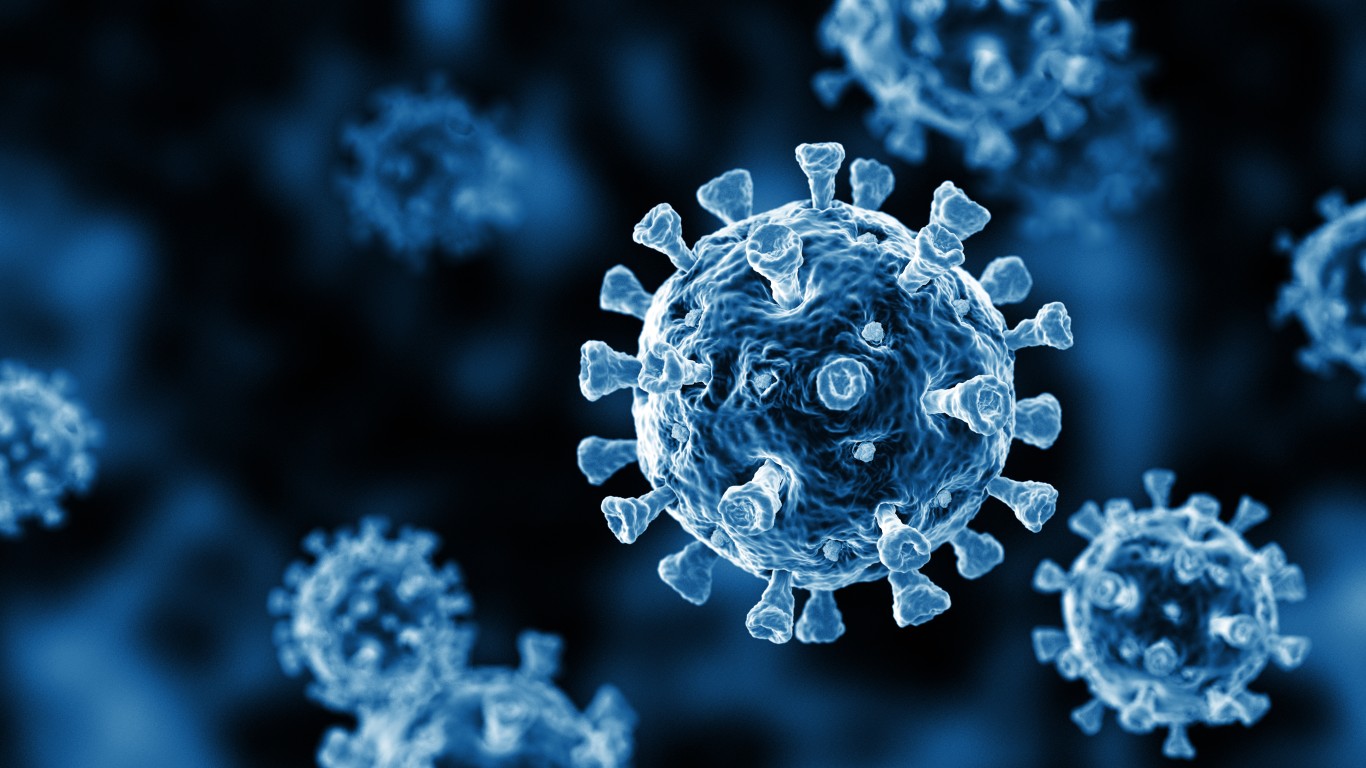

Fake news. It has affected political elections, media coverage and the perception of key public figures. The problem has spread to health news, which can be critical to the well-being of millions of Americans as they decide what drugs to take, what procedures to have, what doctors to see and what foods to eat.
Global media research site MedScape has put together guidelines to help overcome the spread of fake health news. Among other things, experts point out that people do not read entire articles about new health data. They stop after the headline, or perhaps the first few paragraphs. In essence, these people have created their own fake news.
Dominique Brossard, Ph.D., chair of the University of Wisconsin-Madison Department of Life Sciences Communication, told MedScape that well-researched information on medical websites and careful Google searches can be undermined. “People will most likely not look past the first page of search results.” Those first pages may be set up to get more Google traffic, he added. This problem is present even though people have access to studies like the one on the 25 most dangerous drugs.
People can become their own worst enemies using social media like Facebook. Information spread from one member to another may be much less than reliable but may be treated that way by friends. Lies may spread faster than true stories, according to a major study by Massachusetts Institute of Technology. The experts found that lies were spread more often than accurate information.
Another major problem is untrained media. Reporters and editors often misinterpret data and studies. Brossard said, “Untrained and inexperienced health reporters are becoming more common because so many news organizations are in financial trouble and have laid off their most experienced staff.”
Worst of all is information that is completely untrue but is treated as accurate. Some websites contain stories and posts that are completely false. Internet trolls spread fake health news the same way they do other fake political or celebrity information. The problem is so severe that the National Institutes of Health have set up a system to check data from the web.
Among the solutions that NIH has to offer about which news and medical sites people should use to get solid information are the following:
+Who runs the website? This gets to the issue of whether a site, its owners, or authors have conflicts of interest. It may also be the best way to determine whether the owners and writers have appropriate backgrounds to cover medical news.
+Who pays for the website? Is it drug companies? Medical equipment companies? Is it financed by companies that market “health” supplements? While some medical news is sponsored by legitimate pharmaceutical and medical firms, you want to know motivations.
+What is the original source of data used by the writers for the site? Does it come from reputable medical journals, research papers, or well-regarded academicians.?
+Who reviews stories before they run? Editors with medical backgrounds? Well regarded doctors? Research scientists?
However, the tool only has value if it gets used. There is evidence people won’t read past headlines, maybe even at the National Institutes of Health website. People easily should be able to find data like the worst drug recalls in history.
Thank you for reading! Have some feedback for us?
Contact the 24/7 Wall St. editorial team.
 24/7 Wall St.
24/7 Wall St.


